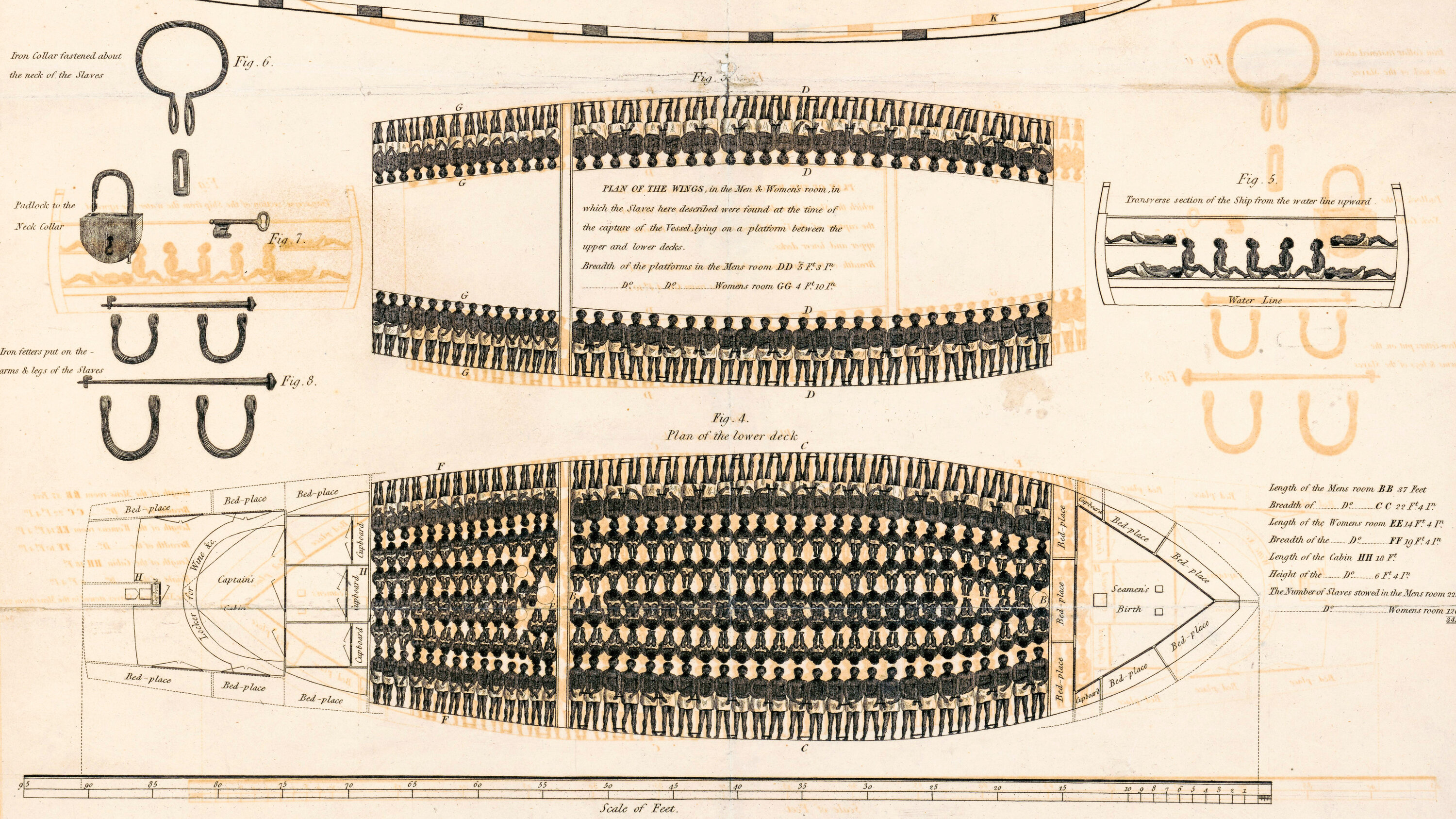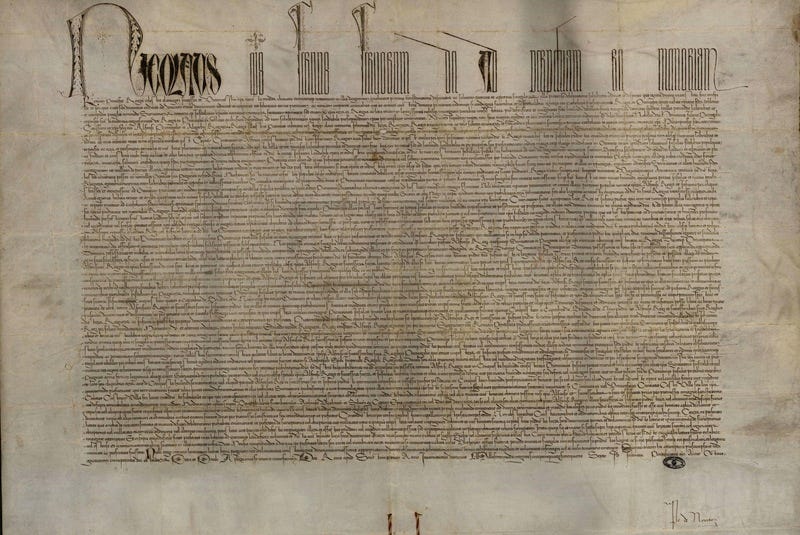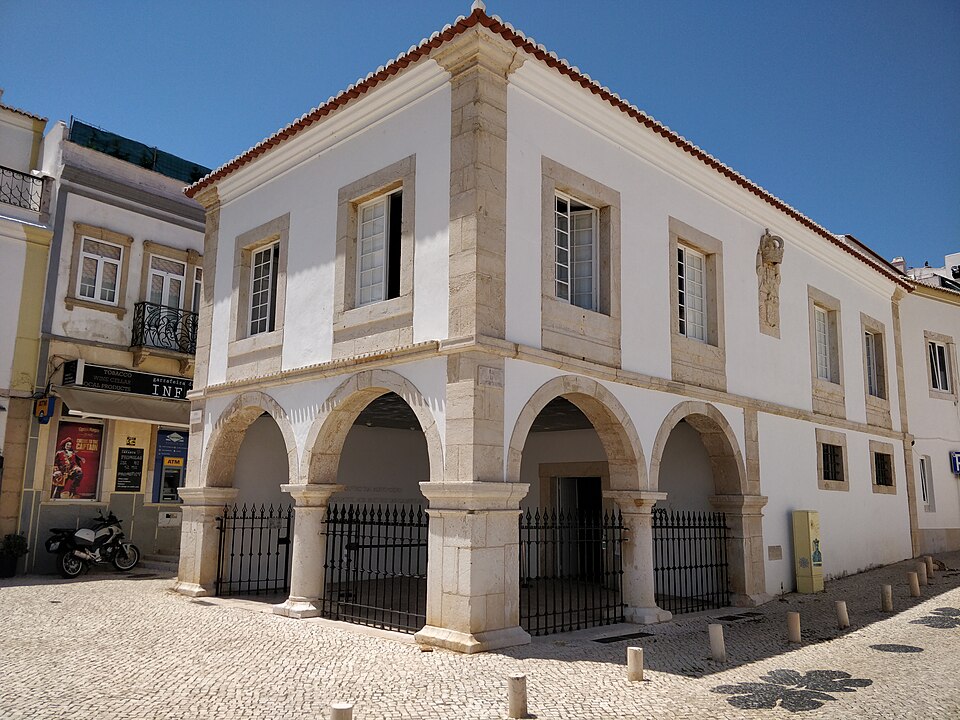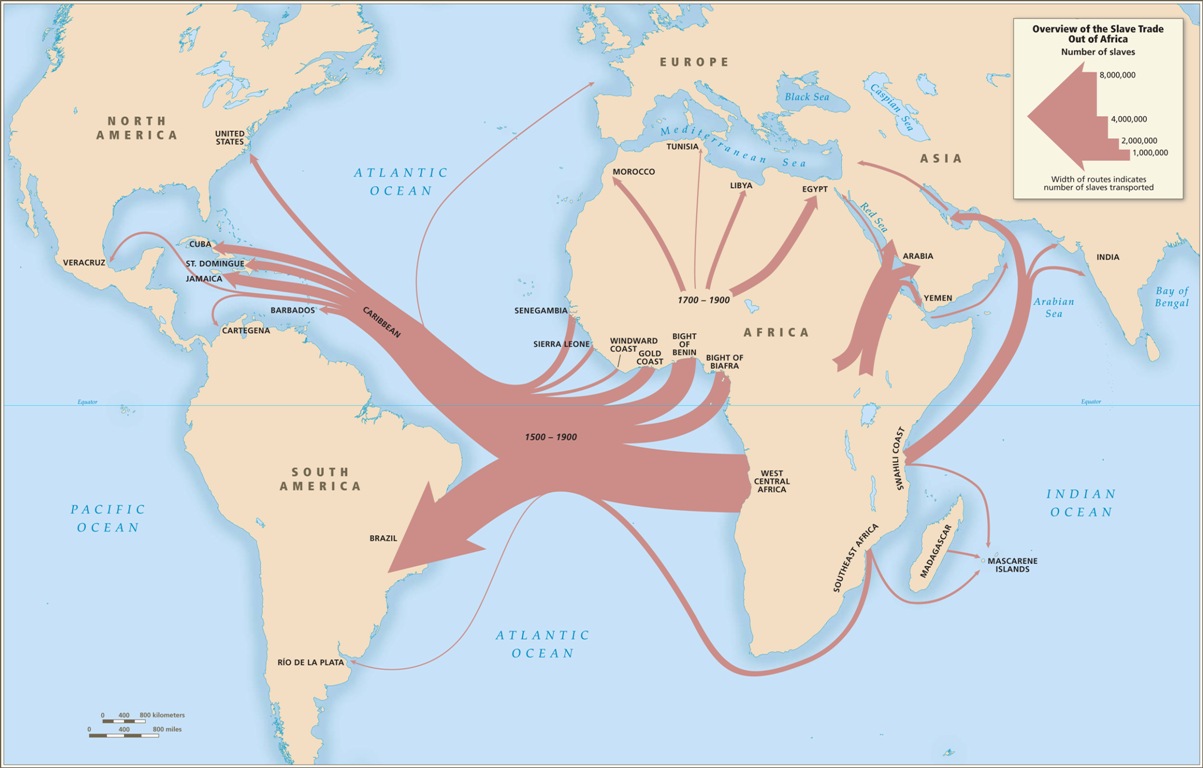Imagem
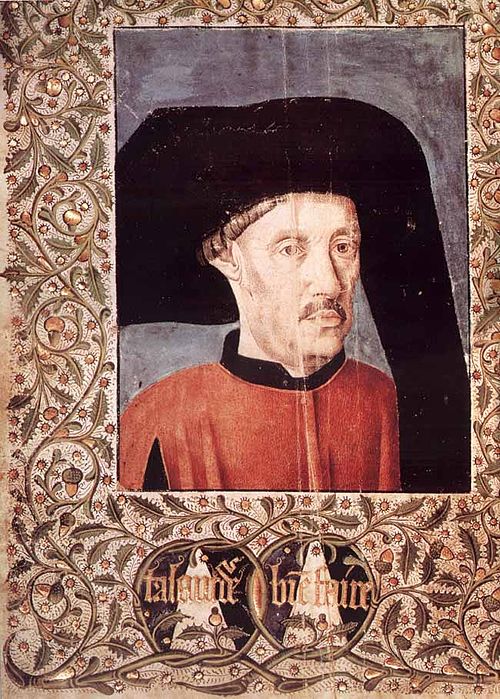
Reflexão
Chronicle of Guinea's Achievements (cover)
The ‘Crónica dos Feitos da Guiné’ was written by Zurara at the request of Afonso V, who sent it to the sovereign in a letter dated 1453, with the purpose of putting ‘in writing the deeds of the Lord Infante D Henrique’.
It consists of two adjoining texts that contemporary historians are still debating today. In the first part, the text tells us about the Infante, highlighting him as the central figure in the ‘discovery’/invasion of African territories, and in the second part it gives a detailed account of the expeditions made to these regions.
It is in this text that the ‘five reasons’ that motivated the Infante to promote voyages to the west coast of Africa are presented: the desire to explore the territories beyond Cape Bojador; the search for Christian settlements, safe harbours and markets where the Portuguese could trade; the desire to find out the true extent of the ‘power of the Moors’ on the coast of Africa; to find out if there were any Christian peoples on the African coast who were willing to fight against the Moors, described as the ‘enemies of the faith’; and, finally, the ‘desire’ to promote the ‘salvation of all souls who wanted to be saved’ and thus bring them to the ‘true path’.
Zurara also describes the morning of 8 August 1444 in Lagos, the date of the first known auction of enslaved people in Portugal.
The text describes the arrival of the enslaved people, as well as the moment of sale and enslavement, in a description that goes through the suffering and anguish of the enslaved, but also of those who witnessed the event as spectators.
As well as being one of the most relevant documents in terms of the historical and social context of the early days of colonisation, this chronicle raises several issues.
Firstly, it allows us to question the veracity and historical intent behind this type of text, since historians today have doubts about the date of publication and the format of the two texts, which may be the result of texts written in other contexts. Furthermore, it allows us to reflect on how these texts were, in essence, commissioned by the Portuguese crown and, therefore, possibly conditioned by its wishes.
The Crónica dos Feitos da Guiné is also a document that shows the beginning and development of racist and anti-black ideas, using faith and evangelisation as a justification for the capture and enslavement of people from the African territories that were being colonised.
